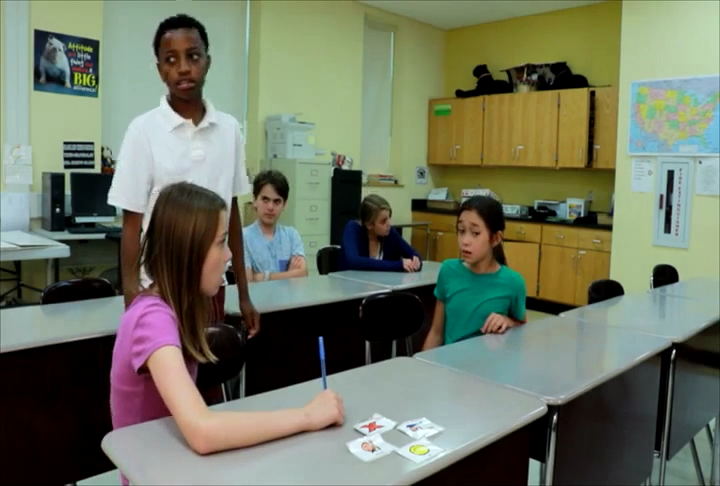
Introduction:
As educators, it’s essential to teach our Kindergarten students valuable skills to help them navigate their emotions and solve problems effectively. This blog post will explore an easy-to-implement activity that helps students learn the importance of staying calm during challenging situations and making good decisions. By incorporating principles of Social-Emotional Learning, we can create a supportive environment where students can develop these essential life skills.
No-Prep Activity:
A simple, no-prep activity to help students practice staying calm and solving problems is called “The Freeze Game.” To play, have students stand in a circle. Explain that when you say “freeze,” everyone must stop moving and stay completely still. Then, when you say “unfreeze,” they can resume moving. As you play, introduce scenarios that might cause frustration or anger, such as not being picked for a game or losing a toy. Encourage students to take a deep breath and “press pause” on their emotions when they “freeze,” then calmly discuss possible solutions when they “unfreeze.”
Discussion Questions:
- Why is it important to stay calm when we have problems?
- What are some things you can do to help yourself calm down when you’re upset?
- How does staying calm and thinking about others’ feelings help us make better decisions?
- What are some situations where it might be challenging to stay calm? How can you use the “press pause” technique in those situations?
- Can you think of a time when you stayed calm and made a good decision? How did that make you feel?
Related Skills:
Teaching students to stay calm and solve problems is just one aspect of Social-Emotional Learning. Other related skills that can benefit Kindergarten students include:
- Developing empathy and understanding towards others
- Practicing active listening and communication
- Building resilience and coping strategies
- Recognizing and managing emotions
- Collaborating and working together as a team
Next Steps:
Now that you’ve learned about teaching Kindergarten students to stay calm and solve problems using the principles of Social-Emotional Learning, it’s time to explore more resources and activities to support their growth. Sign up for free samples of skill-building materials at Everyday Speech, where you’ll find a variety of engaging activities to help your students develop these essential life skills.

